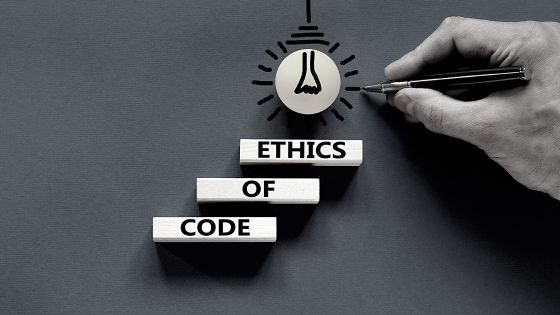Who Owns the Products of AI Content?
The use of artificial intelligence, or AI, is rapidly growing in every area of our lives. AI can be used to help write articles, poems, books, music and design art, including enhancing artwork that is already available. However, when using AI for any of these purposes you must be careful and cognisant of the possible legal obligations, including infringing upon copyrighted material.
Read More



















